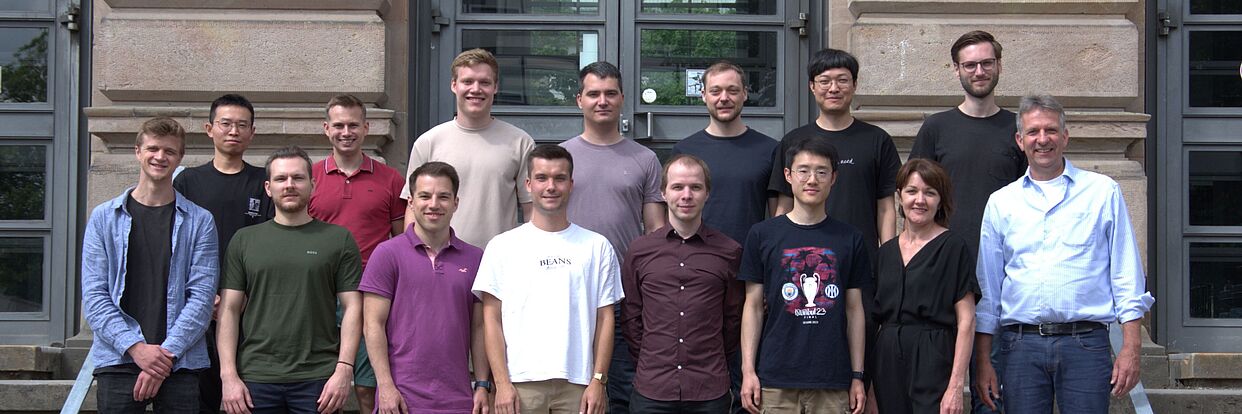
The group headed by Prof. Dr.-Ing. Tim Fingscheidt conducts research on new methods and tools for robust and high-performance signal processing and recognition in the research fields of speech, vision, and predictive maintenance.
Machine Learning and Signal Processing are core topics of our research today in computer vision, speech and audio processing, data transmission, autonomous systems. Specific research fields are environment perception functions for autonomous driving, speech enhancement, speech and emotion recognition, predictive maintenance, production technology, smartphones, hearing aids.
Mobile speech communication is typically disturbed by background noise and acoustic echoes, requiring speech enhancement algorithms. Automatic speech recognition, on the other hand, has become omnipresent through Siri, Google Home, and Amazon Echo. We perform internationally leading research in a wide range of speech technology methods, many of them being employed world-wide in smartphone solutions. The team pioneered data-driven speech enhancement, today employing modern deep neural networks (DNN) throughout the entire processing chain. In speech technology, we work in DFG/BMBF/BMWi projects or cooperate with international smartphone and hearing aid industry.
The team performs internationally award-winning research in environment perception based on cameras (computer vision) and LiDAR. In the fields of object classification, semantic segmentation and depth estimation, we are most interested in robust methods, adversarial attacks and defenses, domain adaptation, learned image and video compression, corner case detection, and depth estimation from mono vision. We are cooperating with many other universities and industry in three major national AI projects: AI Validation, AI Delta Learning, and AI Data Tooling, each with budgets up to 20 M€. The overall goal is to make autonomous driving possible.
Much of our research in the research fields speech and vision is about deep learning and prediction. We are involved in various projects in predictive maintenance and production technology, most often based on camera sensors, microphones, or any other sensor input. Thanks to GPU support, our training algorithms run efficiently and allow fast development and prototyping.
Initially funded as a BMBF project, we established the TU Braunschweig Deep Learning lab as a think tank for machine learning solutions on sensor data (speech, vision, …). To students, it provides once a year an exclusive and competitive environment to gain hands-on experience with modern machine learning frameworks and to aim for winning a certain challenge as a team. To industry, TUBS.dll has become an attractive opportunity for sponsors get into contact with young experts, and to fund research projects on machine learning tasks with the lab. TUBS.dll hosts a large amount of GPU capacity to meet the needs of modern machine learning teaching and research.